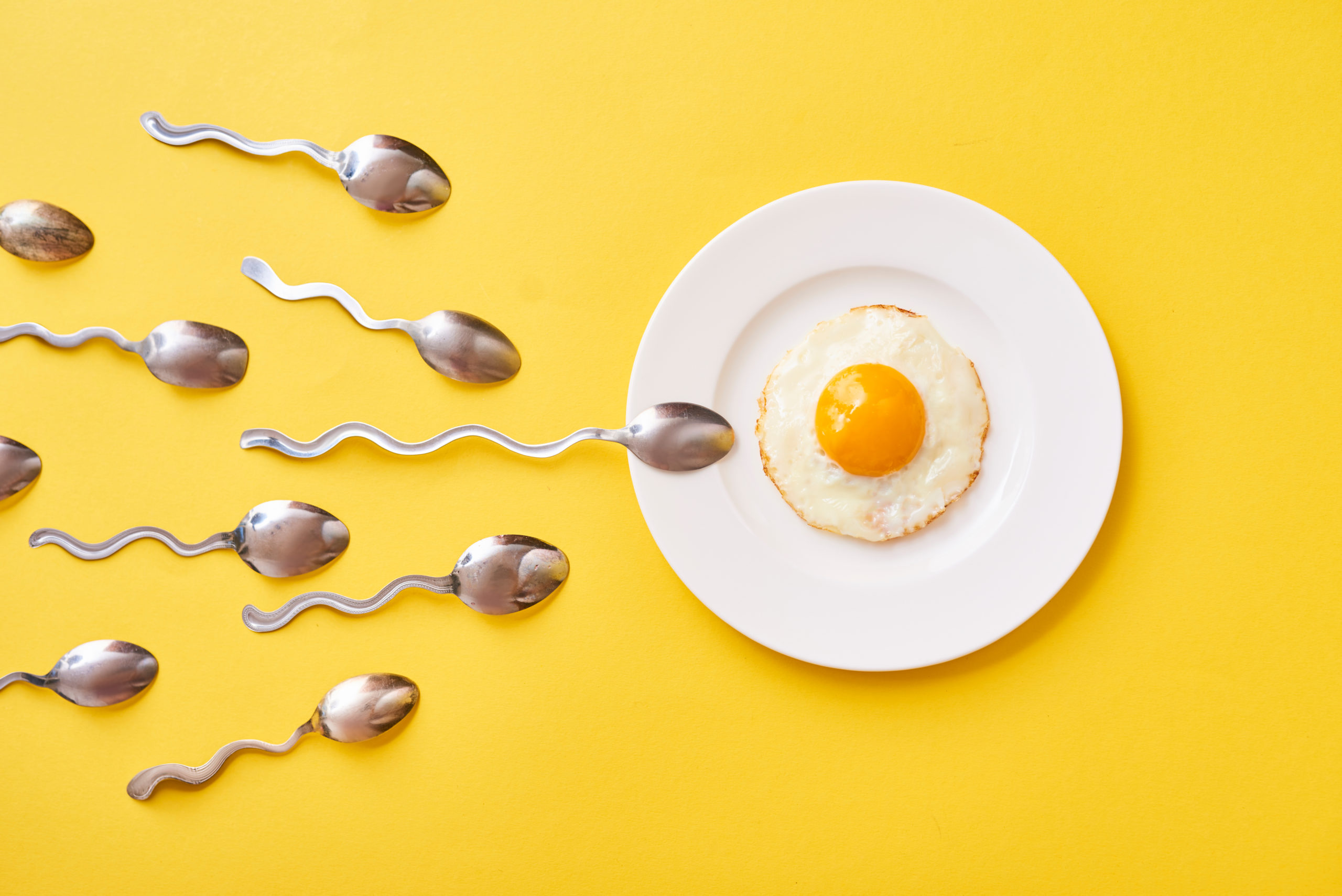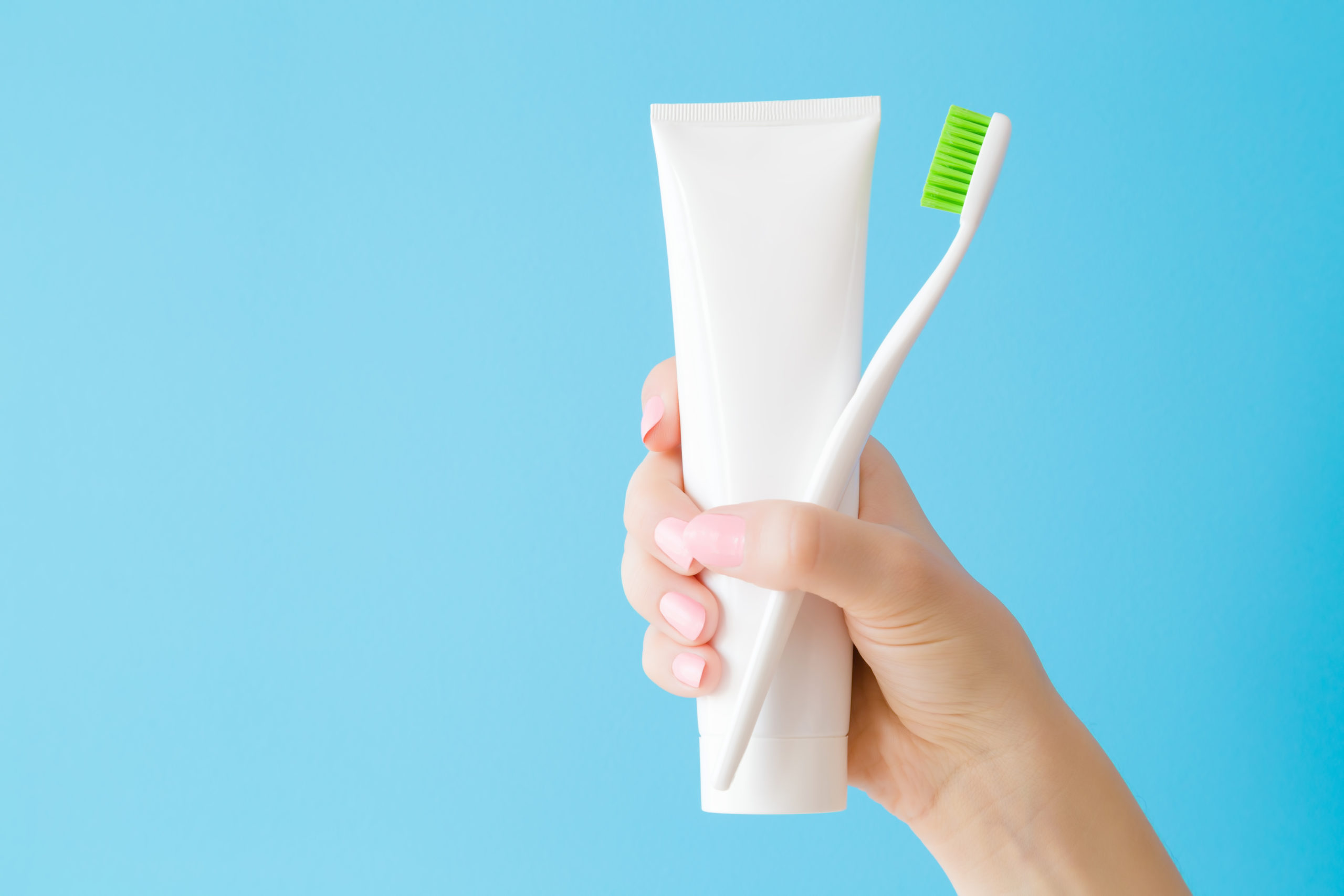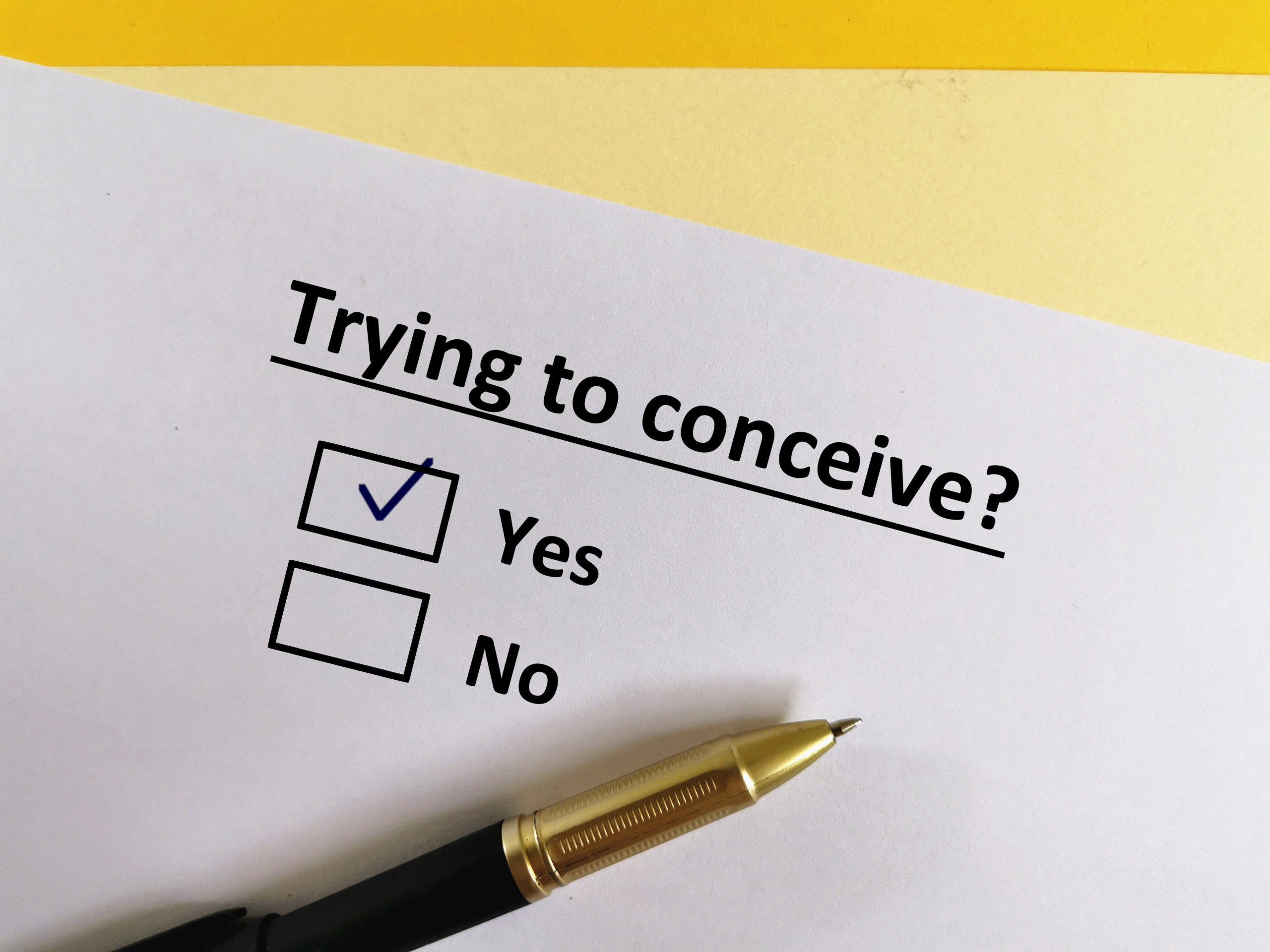By: Vaishnavi Raju | Date: December 28, 2020
What Are Post Pregnancy Care for Mother And Child
"Pregnancy is a stage that changes your body in more ways and it doesn’t put a stop even after the baby".
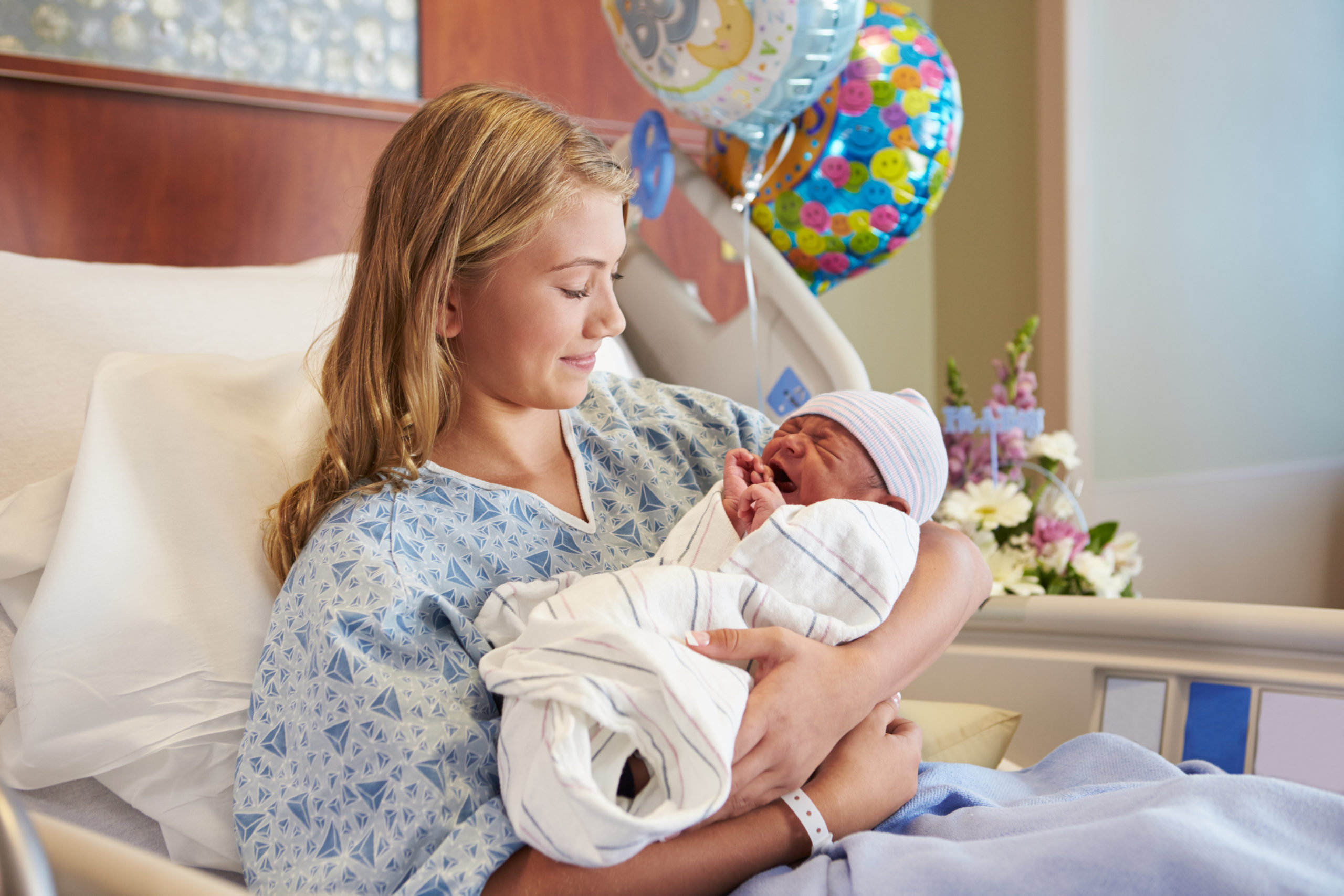
The postpartum period is an essential phase in every new mother’s life. The postnatal period begins after childbirth and lasts up to 6 to 8 weeks of pregnancy. In the post-pregnancy period, there are many changes in the physical and emotional levels. It’s a period where your body has undergone many physical changes and you definitely need time to recover. You need to learn how to care for the baby and how to care for yourself. This time you have to adapt to the new normal.
In this article, we will explain to you about post-pregnancy care for mother and child.
What is Post Pregnancy care?
New mothers need at least 6 weeks of rest before returning to work. After delivery, your new-born might be your priority, but postnatal care counts. Postpartum changes in the body like vaginal soreness, discharge, and mood swings are exhausting. The postnatal body needs a lot of rest. Let others take care of all other responsibilities. The post-pregnancy diet should be a nutritious diet that takes care of the mother as well as the baby.
What are Afterbirth Pains?
During postnatal care you may experience many pains. Vaginal soreness due to tear during labour can be very painful. The area between the vagina and rectum sores if you have an episiotomy. Postpartum pains are belly cramps you feel when the uterus shrinks back to normal size. You may also feel pain in the anus during a bowel movement. Vaginal discharge during the first few weeks of pregnancy causes cramps and pains.
What body changes can happen after pregnancy delivery?
Post-pregnancy physical changes
Breast tenderness
After delivery, your breasts are full of milk and you need to nurse your baby every few hours. This could lead to tender breasts.
Constipation
After delivery, bowel movements become painful. This causes painful gas.
Weight loss
Post-pregnancy weight loss makes you feel lighter. If you had a C-section then use Post pregnancy belt for belly reduction. Post pregnancy belly sagging can be tightened by the post-pregnancy belt.
Hot and Cold flashes
Most mothers have hot flashes for weeks after pregnancy. You may sometimes feel very hot.
Vaginal discharge
Post pregnancy bleeding continues till 6 weeks after delivery. The discharge will be red and heavy for the first few days.
Urinary Incontinence
Childbirth weakens the pelvic muscles causing incontinence. While coughing you may experience leaking of urine.
Postnatal emotional changes
Irritability
Your sleep pattern disrupts after the arrival of the baby. Lack of sleep can make you feel irritated.
Anxiety
A new mother is always anxious about the ways of taking care of the baby. Try not to think much.
Mood swings
Postnatal care of the baby and yourself can exhaust you. This develops stress and causes mood swings.
How should one adjust to motherhood?
Postpartum care is necessary for a healthy mother and baby. Adjusting to the new routine after giving birth can be quite overwhelming. You may experience sleepless nights and fatigue. You may do these things to fall into a routine-

Take help
Postpartum care requires the whole family’s support. Take help from family and friends for household chores.
Get Rest
Sleep whenever your baby is sleeping. Limit visitors in the first two weeks to take an ample amount of rest.
Take a healthy diet
The post-pregnancy diet should be nutritious and promote healing. The post-pregnancy diet should contain whole grains, vegetables, fruits, and protein. Stay hydrated by increasing fluid intake.
Exercise
Consult the doctor before any exercise. Try taking a small walk.
How should be the diet for post-pregnancy care?
After delivery, you need to eat a healthy and balanced diet so you can be active and able to care for the baby.
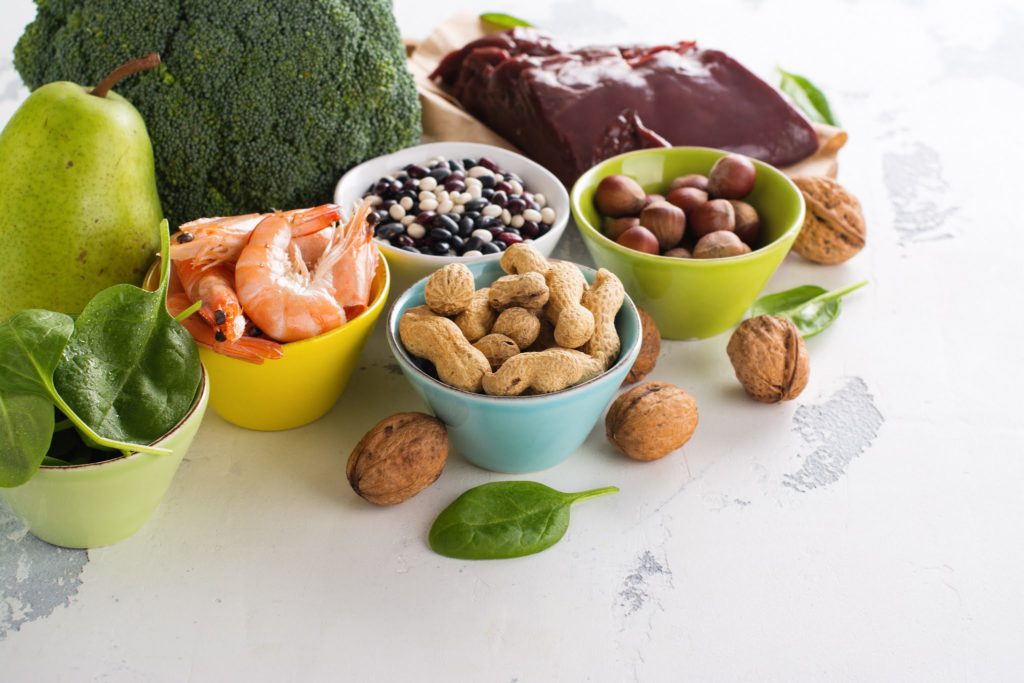
Post pregnancy dietchart must contain 5 food groups
Grains
Foods made from wheat, rice, oats, cornmeal, and barley.
Vegetables
Eat a variety of vegetables, including dark green, red, orange, legumes, and starchy vegetables.
Fruits
Any seasonal fruit and 100%fruit juices must be there in the post-pregnancy diet.
Dairy
Milk products and milk are rich in calcium and provide strength.
Protein
Lean meats, poultry, fish, nuts, seeds, and beans are the best source of protein.
HERA pro tip- If you are vegan and don't take dairy products, include almond or soy milk in your diet..- HERA
How to tackle baby blues and postpartum depression?
Baby blues are feelings of sadness a new mother has in the first few days after delivery. It may last up to 2 weeks. Postnatal care for curing baby blues includes taking more and more sleep. Talking to other new moms can also help to curb the sadness.
Postpartum depression is a strong feeling of sadness and tiredness that lasts for a long time. Postpartum depression is a medical condition and needs treatment. Tell your doctor about post-pregnancy depression. Take to your family and seek emotional help from friends.
A point to remember- If the baby blues linger for more than 2 weeks, check with your doctor. .- HERA
What precautions should be taken after delivery?
Postpartum care for the mother and the baby should be done very cautiously. You must take precautions while caring for yourself and the baby.
You should take the follow these post pregnancy tips-
- Do not lift anything heavier than your baby, especially if you have a caesarean section.
- Wash your hand often, especially after each bathroom visit, after diaper changes, and before feeding your baby.
- Limit stair climbing as much as possible for the first week after delivery.
- Try to use Pads during vaginal discharge as it reduced the chance of infection.
- Use belt of post pregnancy belly fat loss.
The Bottom line
Giving birth can change your life and routine. Post-pregnancy care for the mother and the baby can be overwhelming. Don’t be afraid to ask for help. Adjusting to motherhood is a wonderful phase and helps you to form strong bonds with your baby.

